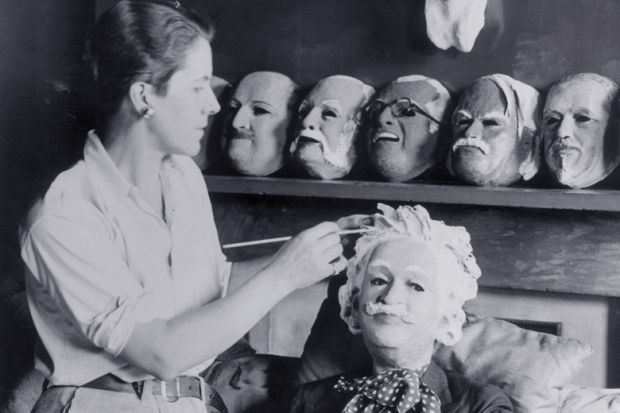Academia may often seem mercifully free of the nepotism that is rife in other industries.
But a study suggests that the supposed meritocracy of higher education is not as free from family favouritism as many imagine, with some scientists quite happy to give a leg-up to a relation.
According to the analysis of more than 21 million papers in the health sciences, scientists are more likely to collaborate on a journal paper with a family member than they were 50 years ago.
Those who published a paper with a relation were also more likely to enjoy an “important position” among other co-authors, such as being the lead author, says the study by researchers in the US, the UK, Italy and Spain, which was published in the journal Proceedings of the National Academy of Sciences.
The study, titled “Kinship of co-authorship in five decades of health science literature”, tracked how often authors from the world’s top 25 publishing countries shared a surname with another co-author. The results were filtered for the most common surnames in each country to give an indication of levels of “kinship” found in the scientific publication in each country.
Italy, Poland and post-Soviet Russia had some of the highest kinship scores, according to the paper, suggesting that family ties were particularly helpful for getting published in these countries.
Kinship scores were well below average in the Netherlands and the UK and slightly below average in Canada, Australia and Switzerland. Scores were above average in Brazil and had seen an increasing trend in Greece.
“We found a very small amount of kinship in papers in most countries, affecting about 5 per cent [of papers] in most countries,” said Sandro Meloni, postdoctoral fellow at the University of Zaragoza’s Institute for Biocomputation and Physics of Complex Systems, and one of the report’s authors.
“In some countries, however, this rose to 8 per cent,” Dr Meloni added.
Those who shared a surname with another co-author also tended to have a larger number of collaborators than those who did not, suggesting that they were more able to tap into broader academic networks than less well-connected scientists, the paper says.
“Those researchers [with family members on the same paper] tend to have a more central position in the publication, which was quite different to those who were not part of any kinship group,” Dr Meloni said.
However, the analysis also showed that some countries had managed to crack down on nepotism in academia, Dr Meloni explained.
The level of co-authorship of people with the same surname has significantly fallen in France and Spain since 1980 and, to a lesser extent, in the UK, he said.
“These figures confirm what I have seen myself in higher education over the years,” said Dr Meloni, who said that the study suggested Spain’s efforts to root out nepotistic hiring appeared to be bearing fruit.
POSTSCRIPT:
Print headline: Keeping research in the family
Register to continue
Why register?
- Registration is free and only takes a moment
- Once registered, you can read 3 articles a month
- Sign up for our newsletter
Subscribe
Or subscribe for unlimited access to:
- Unlimited access to news, views, insights & reviews
- Digital editions
- Digital access to THE’s university and college rankings analysis
Already registered or a current subscriber? Login




